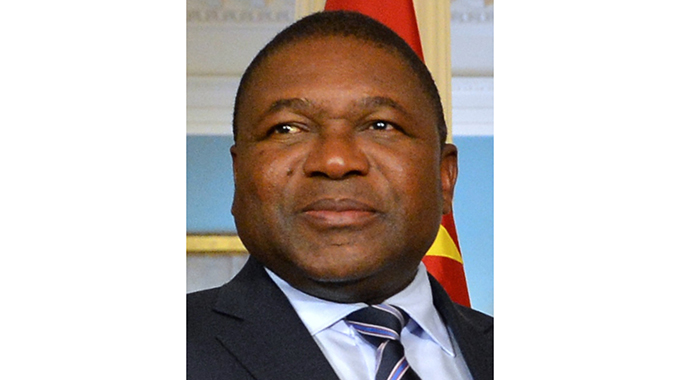Women to interpret in court

The Herald, August 15, 1980
TWO women have been appointed court interpreters by the Ministry of Justice.
Mrs Petronella Nxahe (44) and Mrs Bessie Mangurenje (26) were both school teachers before joining Salisbury courts.
Mrs Nxahe, who is married with four sons, went to Monte Cassino and Empandeni Mission Schools for her education.
She was a teacher for 25 years until 1978. She joined the Ministry of Justice early last year as a casual interpreter, pending her permanent appointment.
Miss Mangurenje was educated at Sizane School in Bulawayo and trained as a teacher at Mtshabezi.
She taught until 1977 when she left the country for London to try to enter the fashion world.
“But this did not work and I came back last year,” she said.
“It was then that I decided to venture into the male preserve of court interpreting.”
LESSONS FOR TODAY
- The attainment of independence in 1980 brought down many barriers such as race and gender. It allowed the majority black Zimbabweans access to services and opportunities that had been preserved for the white minority and women to enter into white dominated areas.
- Teachers tend to make good interpreters because they are good communicators. They are also able to study people’s social and psychological behaviours.
- Teachers by their nature were considered to be versatile professionals and were able to venture into a number of professions such as the insurance, human resources and personnel management.
- It is never too late to try out something new. If one tries something and it does not work out, it’s important to move onto other avenues.









Comments